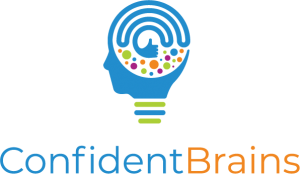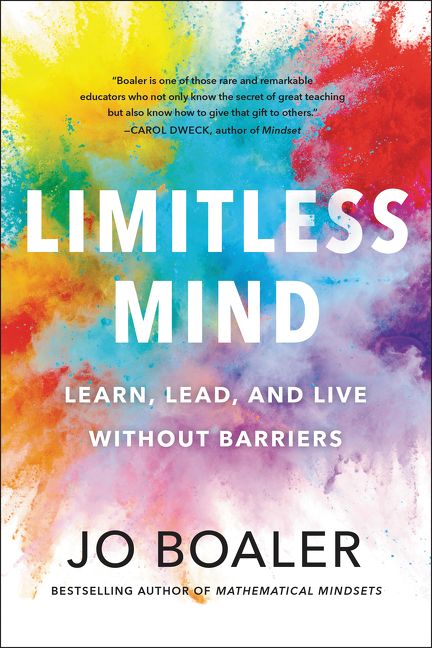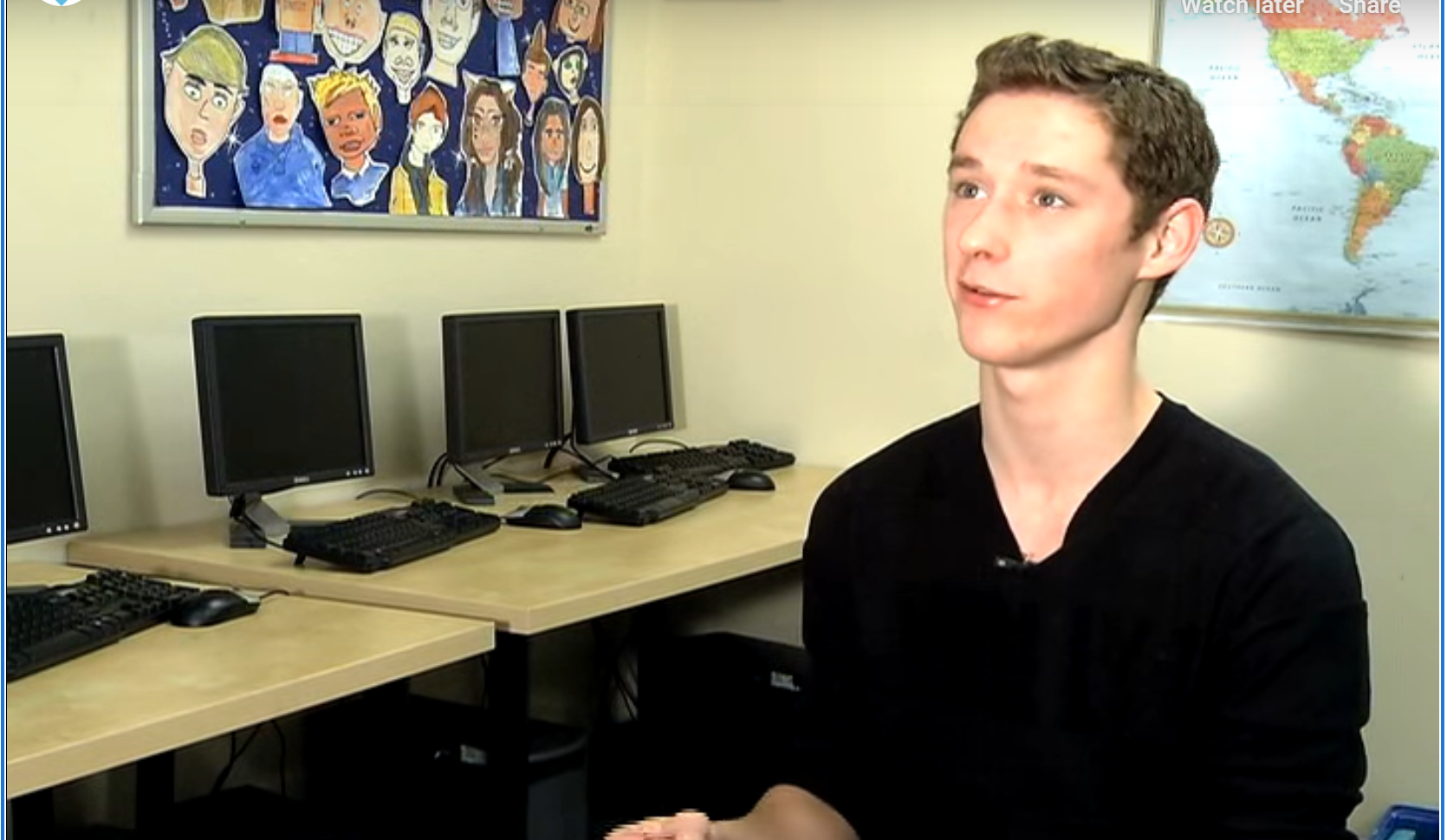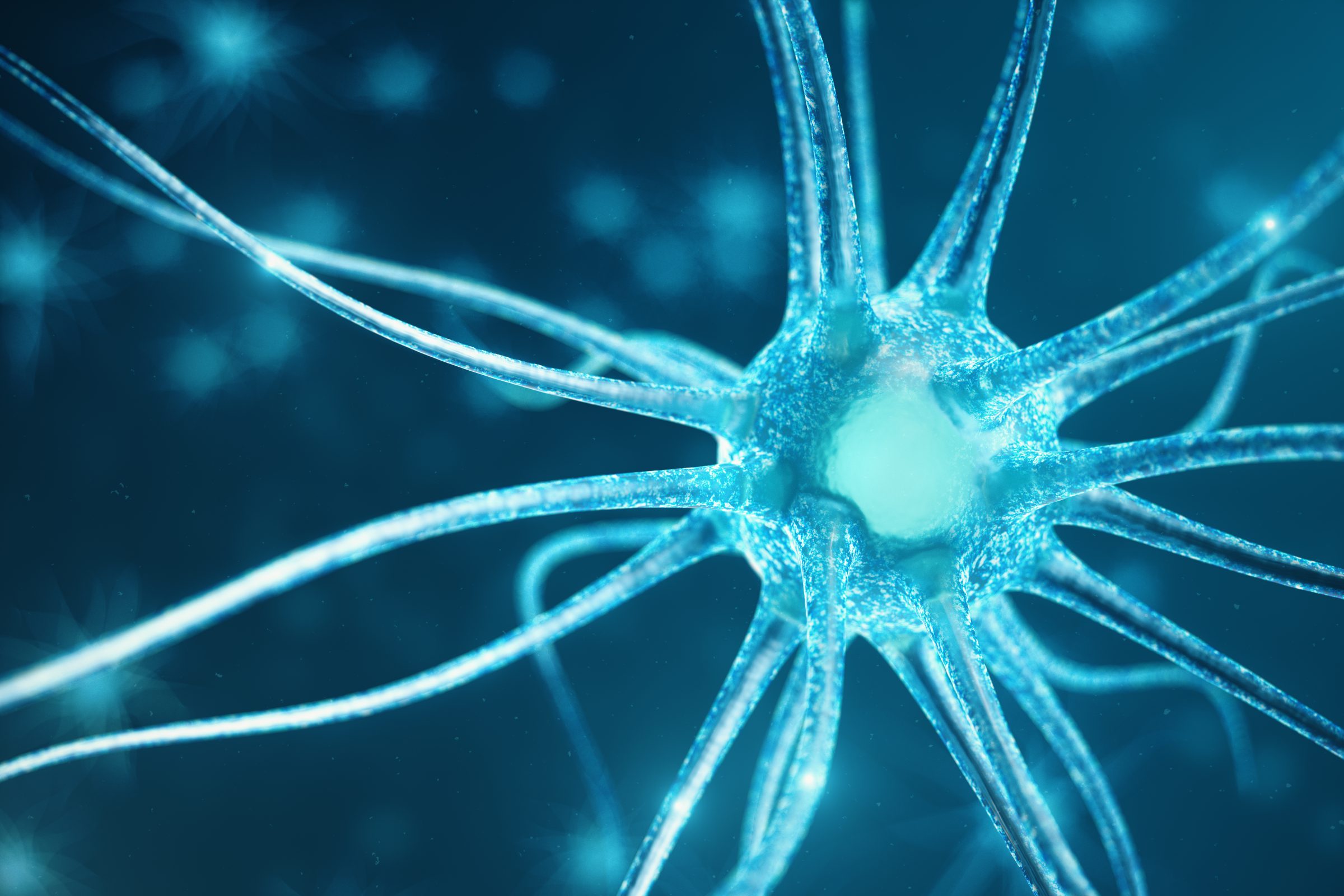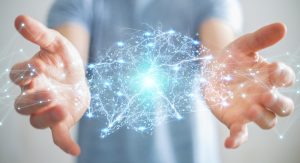[Source: https://www.youtube.com/watch?v=0dwkTs3IQBY]
Limitless Mind
If parents, educators and managers read only one book on how to maximize potential and improve lives, Limitless Mind should be it. Author Jo Boaler provides a plain language explanation of the latest developments in neuroscience and how we can use it to unlock the true potential of the human brain.
Limitless Mind is the most powerful book on unlocking human potential in years. It goes beyond theoretical explanations, and presents practical steps to living in a way that is not limited by talent, natural giftedness or genetic traits. In fact, as Boaler explains, the idea that some people are born with or without natural abilities is damaging and form the perspective of neuroscience, not true.
This book is the current high water mark demonstrating how the lessons from neuroscience can help us to shape and enhance our lives for the better. It demonstrates how everyone can be good at math, or how everyone can develop their creativity. It is filled with liberating ideas and practical advice from the cutting edge of what we understand about the human brain.

What others have said about Limitless Mind
“Boaler is one of those rare and remarkable educators who not only know the secret of great teaching but also know how to give that gift to others.” CAROL DWECK, author of Mindset
“Jo Boaler is one of the most creative and innovative educators today. Limitless Mind marries cutting-edge brain science with her experience in the classroom, not only proving that each of us has limitless potential but offering strategies for how we can achieve it.” LAURENE POWELL JOBS
Unlocking Our True Potential
Traditional education systems and teaching approaches can do more harm than good when it comes to helping students reach their full potential. Limitless Mind illustrates how the lessons from neuroscience can allow us to move beyond traditional ways of thinking to take part in a journey of truly endless potential.
The book features the Arrowsmith Program that uses the concepts found in neuroscience to allow people with learning difficulties to unlock their true potential and work toward unlimited academic and social success. Whether suffering from specific learning disabilities such as dyslexia, or wanting to improve social or academic abilities, the Arrowsmith Program, has meaningful and permanent solutions. Solutions that are effective regardless of age or current ability.
Jo Boaler takes a deep dive into the limitless qualities of the human brain. She provides an explanation for why some people demonstrate talent, and helps us to understand how the world’s greatest minds were created, not born.
The amount of neuroscience research available can be overwhelming and difficult to understand the real-life implications. Jo Boaler brings to light the critical findings of the latest neuroscience and describes practical ways that it can be used to change lives for the better.
Just reading the book will provide a sense of what is it like to live without barriers.
If you want your child to increase their true success and overcome the inherent challenges of a fast-paced competitive world, Limitless Mind is an essential read.
The Arrowsmith Cognitive Training Program is provided in South East Asia and Korea by Confident Brains Pte Ltd.
About Jo Boaler (from Amazon.com )
Dr. Jo Boaler is a professor of education and equity at Stanford University and the faculty director of youcubed—an education resource that has reached over 230 million students. She is the author of the first MOOC on mathematics teaching and learning, as well as nine mathematics books and numerous research articles. Her work has been published in the New York Times, TIME magazine, The Telegraph, The Atlantic, The Wall Street Journal, and many other news outlets. She was named by the BBC as one of eight educators “changing the face of education.” She lives in Stanford, California.
